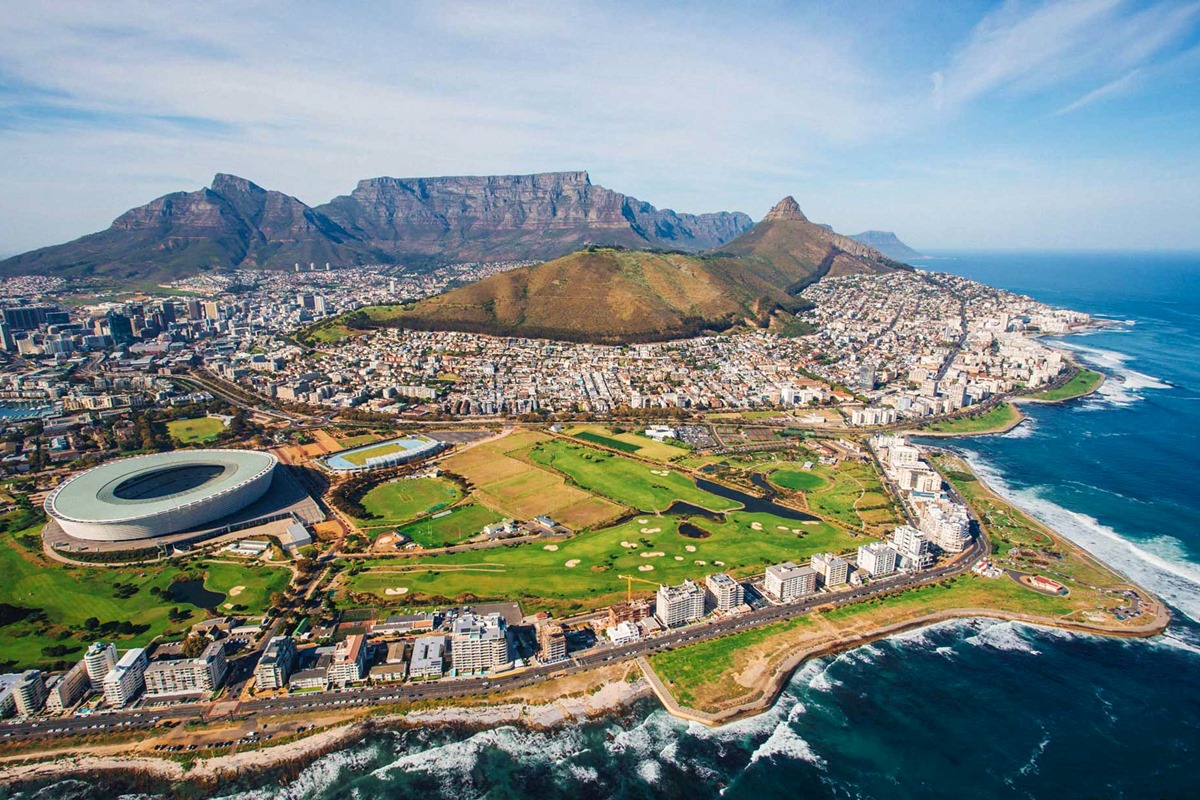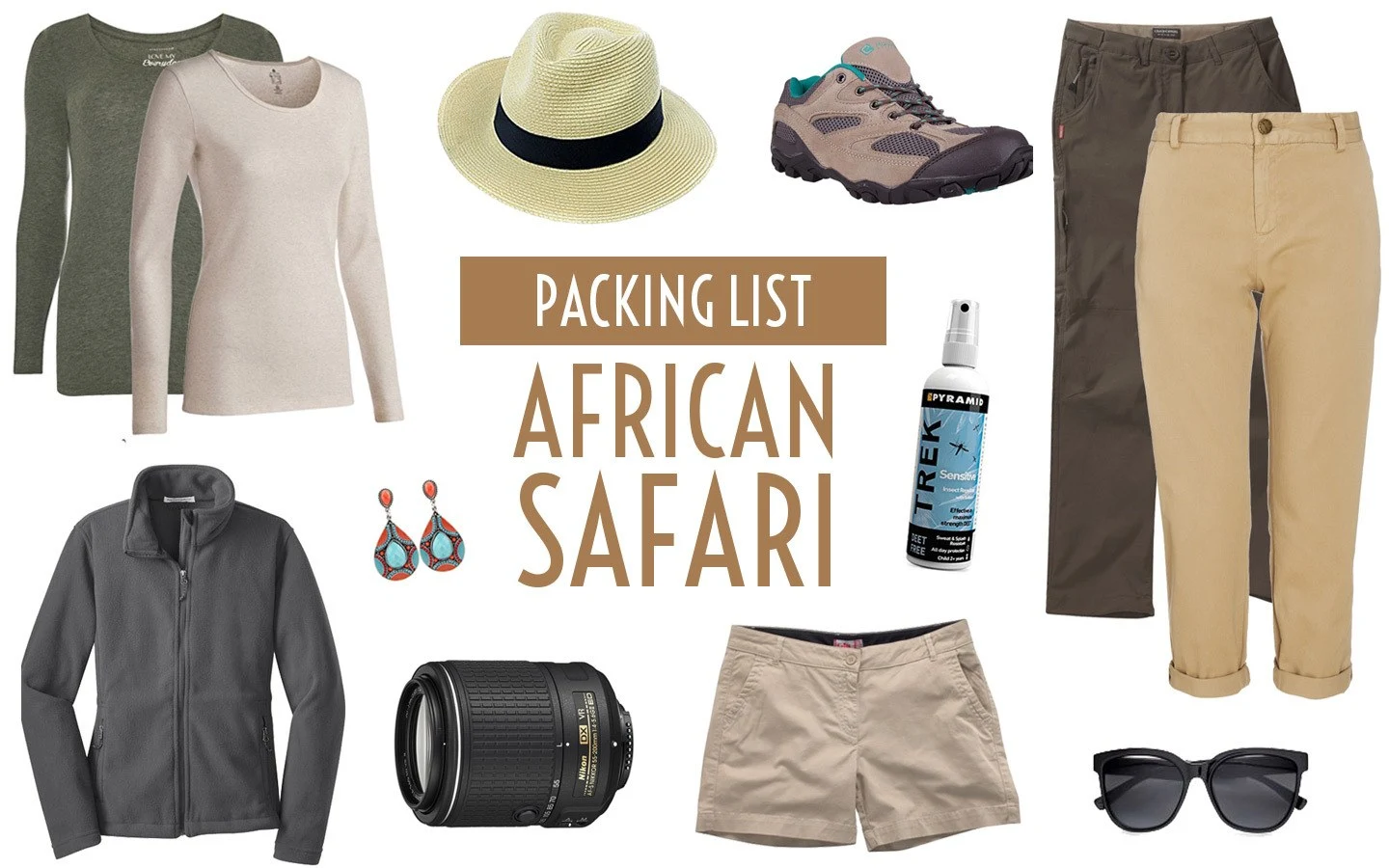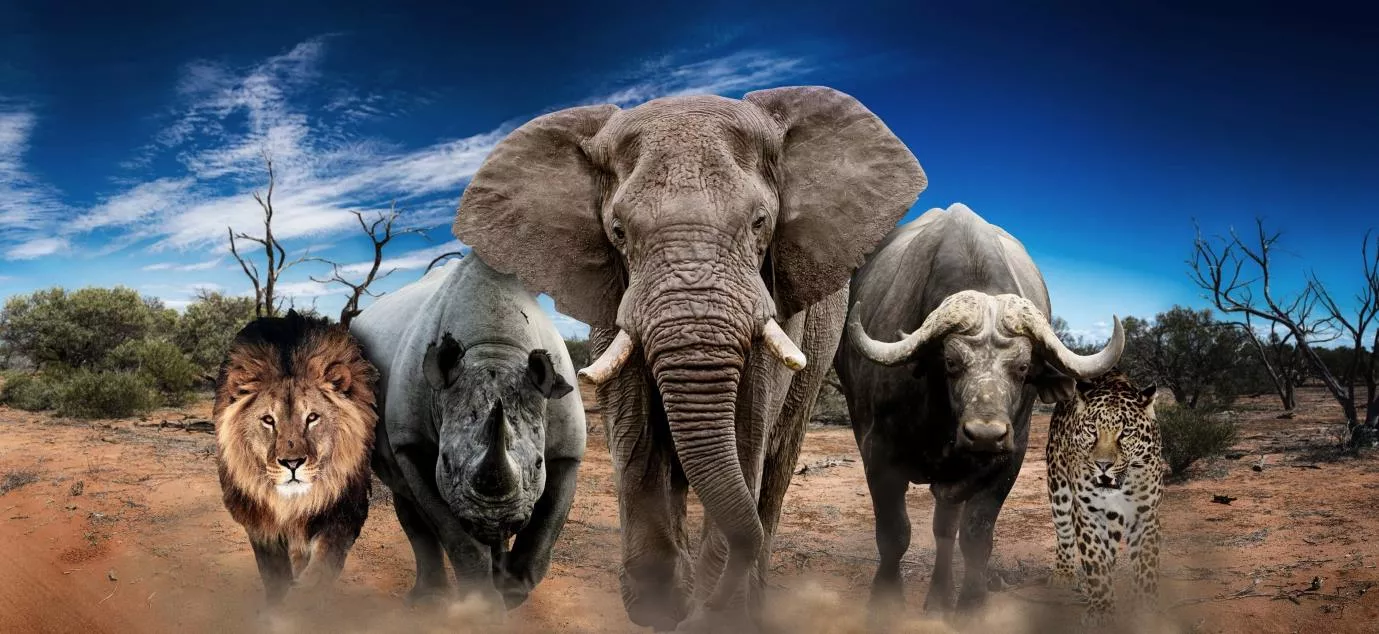At Jewel Safaris, we’re committed to delivering impartial advice and creating extraordinary safari experiences for our clients. Our Africa Safari Experts live locally, travel extensively, and possess in-depth, first-hand knowledge of the destinations they recommend.
To ensure every experience surpasses expectations, our experts frequently visit new lodges, participate in activities, and explore fresh offerings. This allows us to provide advice that is not only trustworthy but also informed by real, recent experiences.
When it comes to planning your journey, there’s nothing more valuable than up-to-date, relevant travel insights straight from someone who has been there.

OR Tambo International Airport
Africa’s largest travel hub, situated in Johannesburg, serves as a gateway to South and Southern African destinations, East Africa, and the Indian Ocean islands.
Cape Town International Airport
Fly directly to Cape Town or via Johannesburg for access to the Western Cape’s top attractions, including the Whale Coast, Cape Winelands, and Garden Route.
King Shaka International Airport
Located in KwaZulu-Natal, this airport connects visitors to game reserves, historic battlefields, and the Indian Ocean coast. Flights are available via Johannesburg or Cape Town, with direct options from Dubai. There’s also a direct flight to Mauritius, making a KZN safari and beach holiday an ideal combination.
Kruger Mpumalanga International Airport
Provides easy links to the Kruger National Park and its private reserves from Johannesburg, Cape Town, and Durban. A flight to Vilanculos simplifies combining the Kruger with a Mozambique beach getaway.
Hoedspruit Airport
Access the Kruger’s private reserves with flights from Johannesburg or Cape Town.
Skukuza Airport
The only commercial airport located within the Kruger National Park offers daily flights from Johannesburg and Cape Town.
Port Elizabeth International Airport
This airport is the entry point for exploring the Big 5 reserves of the Eastern Cape. It’s also a perfect endpoint for self-drive trips from Cape Town through the Garden Route.
George Airport
Fly into the heart of the Garden Route with connections from Johannesburg or Cape Town.
Traveling Around South Africa
South Africa boasts a well-developed transport network, making travel convenient.
- Flights: Daily commercial flights connect major cities, while private and charter flights serve remote safari destinations. Many lodges have private airstrips.
- Road Transfers: Modern, comfortable vehicles ensure smooth transfers between destinations.
- Self-Drive: With excellent infrastructure, South Africa is ideal for self-drive holidays, particularly in Cape Town, the Cape Winelands, the Garden Route, KwaZulu-Natal, and the Eastern Cape. The scenic Panorama Route is a popular drive to the Kruger National Park, where guided game drives take over upon arrival.

South Africa’s national currency is the South African rand (ZAR).
Foreign Exchange
- You can exchange foreign currency at banks, bureaux de change, and many hotels.
- For convenience and better exchange rates, most travelers opt to withdraw cash from ATMs, which are widely available in towns and cities.
Payment Methods
- Avoid carrying large amounts of cash; instead, use credit cards for significant purchases.
- Major credit cards such as American Express, Mastercard, Visa, and Diners Club International are widely accepted in shops, restaurants, and hotels.
- Note: Petrol (gas) stations do not always accept credit cards, so ensure you have some cash on hand for fuel payments.
VAT Refunds
- South Africa charges a 15% value-added tax (VAT) on goods.
- You can claim back VAT on items purchased in the country and taken abroad, provided the total value exceeds R250.
- To claim your VAT refund, keep all tax invoices and submit your claim at the airport before departing.
This practical approach ensures safe and seamless financial transactions during your South African adventure.

Tipping is a common practice in South Africa, though entirely optional and based on the quality of service you receive.
Hotels & Lodges
- Many establishments operate an ‘envelope system’, allowing you to leave a single tip that is evenly distributed among the staff.
Restaurants
- A standard tip of 10–15% of the bill is customary for good to excellent service.
Car Guards
- In urban areas, you may encounter yellow-bibbed car guards who watch over parked vehicles. Offering them a couple of rands as a thank-you when you return to your car is appreciated.
For a detailed tipping guide tailored to your South Africa safari or other activities, feel free to consult our South Africa Tipping Guide or reach out to one of our Africa Safari Experts for personalized advice.

Your packing list for South Africa depends on the season and your planned activities. Here are some essential tips to guide your preparations:
General Clothing
- South Africa’s mostly temperate climate makes lightweight clothing ideal for summer.
- Always pack a jacket and closed shoes for unpredictable weather, especially in Cape Town, where you might experience four seasons in a day.
- Summer rains can be heavy in areas like Johannesburg and the Kruger Park, so a light rain jacket may be useful.
Beach Holidays
- Pack plenty of sunscreen, swimming costumes, and casual wear for daytime relaxation.
City Visits
- While South Africans are generally casual dressers, consider including smart-casual outfits for evenings out in cities like Cape Town or Johannesburg.
- If staying in luxury hotels or traveling on an exclusive train journey, bring more formal attire.
Winter Travel (June–August)
- It can get surprisingly cold, so bring warmer layers, a coat, and boots, especially if visiting the inland regions.
Safari Adventures
- Stick to neutral-coloured, lightweight clothing that is practical for the bush.
- Include a warm fleece or jacket for early morning and evening game drives. For more details, refer to our Africa Safari Guide travel advice section.
Footwear
- No matter where you go, pack a pair of comfortable walking shoes – South Africa offers incredible opportunities to explore on foot, from bustling city streets to breathtaking mountain hikes.
By packing thoughtfully, you’ll be prepared to enjoy the diverse experiences South Africa has to offer.

Passport Validity
- All visitors must have a passport valid for at least six months beyond their departure date.
- Your passport must have at least one completely blank page (excluding the final page) for entry stamps.
Visa-Free Entry
- Visitors from countries such as the USA, UK, Australia, most Western European nations, Japan, and many Commonwealth countries do not require a visa.
- On arrival, a free entry permit valid for up to 90 days will be issued.
Visa Requirements
- Visitors from countries not included in the visa-exempt list must obtain a visa before traveling. This can be done through a South African embassy or consulate in your home country.
Traveling with Children
- Children under 18 years must have their own passports.
- If a visa is required, you must provide each child’s passport and unabridged birth certificate when applying and entering South Africa.
Special Requirements for Guardians
- Guardians traveling with children must carry relevant documents, such as:
- Letters of permission from parents.
- Custody court orders, if applicable.
- Without these documents, entry or departure may be denied.
For the most up-to-date information on visa requirements and processing times, visit the South African Department of Home Affairs website.


